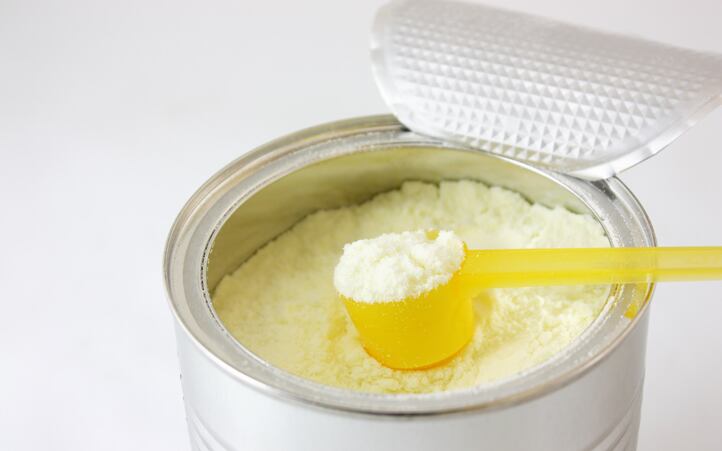In China, ‘solid beverages’ are defined as general foods prepared by processing raw food materials and food additives into powder, granules or lumps.
They are not the same as health foods or infant formulas, but there has been reports of consumers confusing it with infant formulas.
To avoid confusion among consumers, companies manufacturing ‘solid beverages’ will need to adhere to four new rules from June 1, China’s State Administration of Market Regulation (SAMR) announced.
First, all existing ‘solid beverage’ products will need to undergo product label changes by clearly stating that they are ‘solid beverages’ – with font size not smaller than the other words printed on the same side of the label.
These products are also not allowed to share similar names as other special foods products such as health foods, infant formula, and foods for special medical purposes (FSMPs).
Companies can check the suitability of their product names on SAMR’s special dietary food enquiry system.
Second, on the same side of the packaging where the product is labelled as a ‘solid beverage’, the warning statement “this product cannot replace FSMPs, infant formula, health foods, and other special foods” should also be printed.
This rule is applicable to the smallest possible sales units of all ‘solid beverages’ and the statement should take up no less than 20 per cent of that particular side of the packaging.
Third, the product labelling, as well as its user manual and promotional materials should not have words or pictures to convey, to hint, or to stress that the product is suitable for use by a minor, elderly, pregnant woman, patient or people with risk of malnutrition.
Companies are also not allowed to claim or hint that the product could prevent or treat diseases or could provide functional health benefits for individuals with special needs.
All ‘solid beverages’, including protein ‘solid beverages’, plant-based ‘solid beverages’, flavoured ‘solid beverages’, and ‘solid beverages’ added with live bacteria are required to follow these rules.
Lastly, all manufacturers of ‘solid beverages’ are required to adhere to food safety laws and production standards.
These manufacturers should also possess the necessary production and quality testing capabilities to ensure food safety.
‘Solid beverages’ which have not yet conformed to the new rules but are manufactured before June 1 can still be sold in the market until their date of expiry.
The SAMR announced these new regulations after concluding a public consultation last year.



